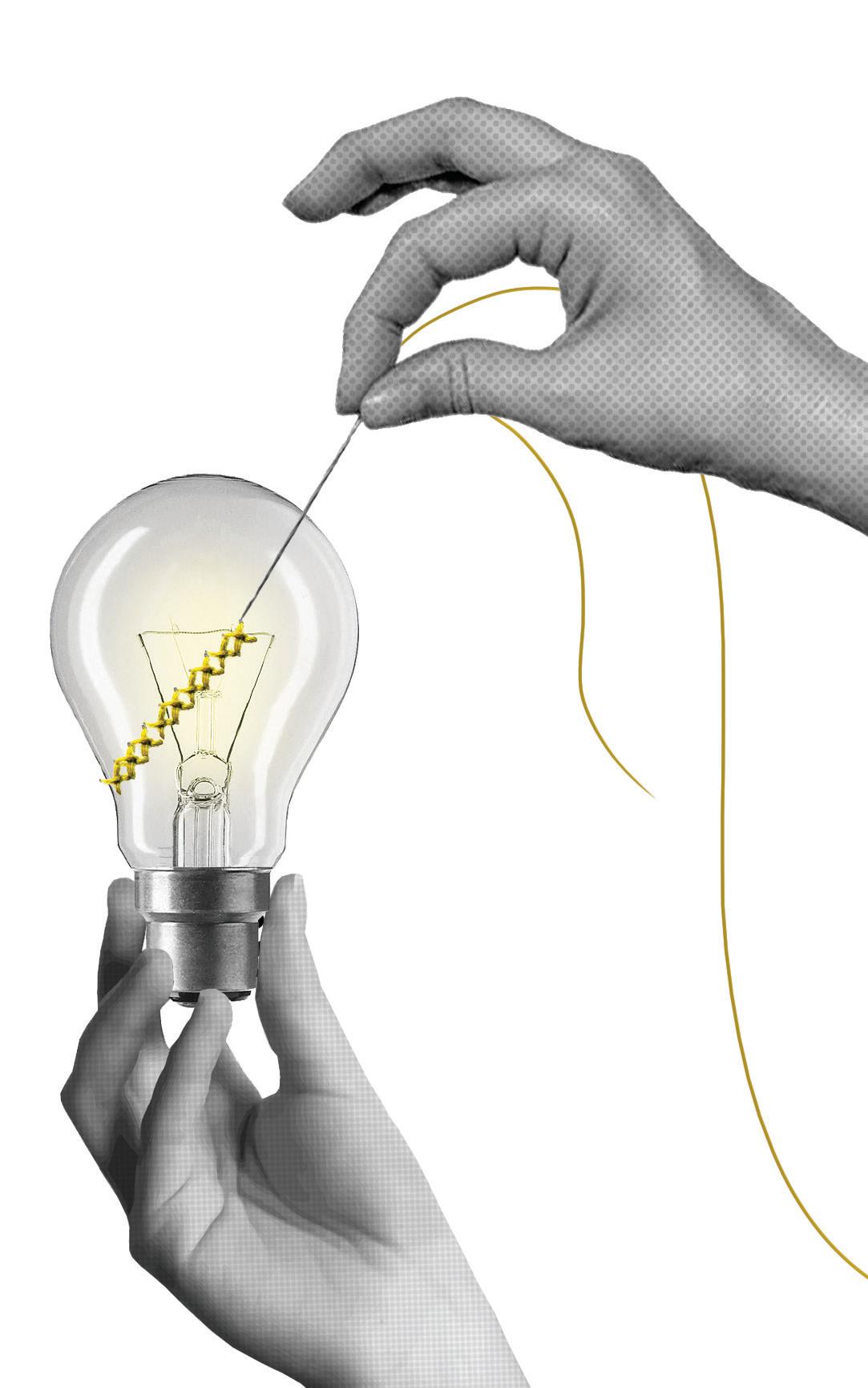
JUGAAD IS a quintessential Indian approach to life. When resources are limited, we learn to tackle problems by improvising solutions that are inexpensive and use whatever local materials are available. Jugaad is a term that is commonly used in north India, where everyone knows what the colloquial Hindi word means—a way to fix a difficulty not through conventional measures, but through the cheapest possible means. The concept, however, is ubiquitous throughout the country where adversity and the daunting cost of high technology have forced people to find ingenious solutions.
The origin of jugaad starts with the early years of an independent India, when it was short of everything possible but a keen desire to get ahead. In those years of struggle, farmers in remote areas of Punjab were desperately in need of mechanised transport. Since there was nothing cheap they could buy, they devised an improvised tractor by assembling a strange contraption. They mounted a diesel pump on the chassis of a trolley, attached wheels and a steering rod to it, and presto, a motor vehicle was born! It was called a jugaad. There was no patent on it—no one thought of such things then—so anyone who had the means copied this contraption, made their own "improvements" to it and made the jugaad a life-saver for many.
This story is from the {{IssueName}} edition of {{MagazineName}}.
Start your 7-day Magzter GOLD free trial to access thousands of curated premium stories, and 9,000+ magazines and newspapers.
Already a subscriber ? Sign In
This story is from the {{IssueName}} edition of {{MagazineName}}.
Start your 7-day Magzter GOLD free trial to access thousands of curated premium stories, and 9,000+ magazines and newspapers.
Already a subscriber? Sign In

A SPRIG TO CARE FOR
Punarnava, a perennial herb, is easy to grow and has huge health benefits

DIGGING A DISASTER
Soapstone mining near Dabti Vijaypur village has caused many residents to migrate.

REVIEW THE TREATMENT
Several faecal sludge treatment plants in Uttar Pradesh suffer from design flaws that make the treatment process both expensive and inefficient

MAKE STEEL SUSTAINABLE
As India works to double its GDP by 2030, its steel industry must balance growth with sustainability. By embracing policies like the Steel Scrap Recycling Policy 2019 and adopting green technologies, India is paving the way for a more sustainable future in steel production

Can ANRF pull off the impossible for India?
Anusandhan National Research Foundation is expected to reorient India's innovation goals but funding issues, old mindsets remain a drag

TROUBLED WOODS
Forests are a great bulwark against climate change. But this is fast changing. AKSHIT SANGOMLA travels through some of the pristine patches of the Western Ghats to explore how natural disturbances triggered by global warming now threaten the forest health

BLINDING GLOW
The science is clear: increased illumination has damaging consequences for the health of humans, animals and plants. It’s time governments introduced policies to protect the natural darkness and improved the quality of outdoor lighting.

GROUND REALITY
What happens when the soil loses the ability to grow healthy, high-yield crops on its own?

GM POLICY MUST BE FARMER CENTRIC
On July 23, the Supreme Court of India directed the Union government to develop a national policy on genetically modified (GM) crops for research, cultivation, trade and commerce through public consultation.

Vinchurni's Gandhi
A 96-year-old farmer transforms barren land into a thriving forest in drought-prone region of Satara